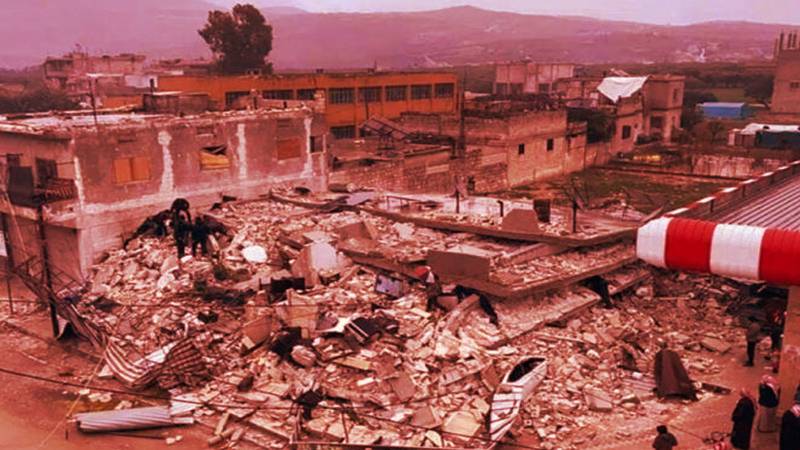
A strike on a military college in Syria on Thursday resulted in up to 100 fatalities when weaponized drones hit the facility immediately after Syria's defense minister left a graduation ceremony there, according to a war monitor and an official.
It was one of the worst strikes ever against a Syrian army base because the use of weaponized drones was unique in a country that has weathered a 12-year civil war.
According to the Syrian defense ministry, drones were employed by "terrorist" organizations in the attack on the military school in Homs province in the country's center.
However, no organization was named in the message, and no organization quickly took responsibility for the attack.
Following the drone strike on Thursday, Syrian government troops bombarded Idlib, which is controlled by the opposition, heavily all day long. The defense and foreign ministries of Syria threatened to retaliate "with full force".
According to a Syrian security source and a security source in the regional coalition supporting the Damascus government against opposition organizations, the Syrian defense minister attended the graduation ceremony but fled just before the strike.
"When everybody walked downstairs to the courtyard following the ceremony, the bombs detonated. We don't know where it came from, and bodies were all over the place," a Syrian man who had assisted in setting up the academy's decorations for the event said.
According to the Syrian Observatory for Human Rights, 125 people were injured and over 100 people were killed. A representative of the alliance supporting the Syrian government estimated the death toll at 100 or more.
Hassan Al-Ghobash, the minister of health, provided a lower death toll, saying on state television that 80 people had died, including six women and six children, but that 240 people had been injured.
Protests against President Bashar al-Assad sparked the crisis in Syria in 2011, but it quickly turned into an all-out war that has left hundreds of thousands dead and millions displaced.
The war has decimated the Syrian army, which has depended largely on military assistance from Russia and Iran as well as troops from Lebanon, Iraq, and other countries sponsored by Tehran.
Although Assad has retaken the majority of the country, armed opposition groups, including hardline jihadist fighters, still control a large portion of the region in the north that borders Turkey.

